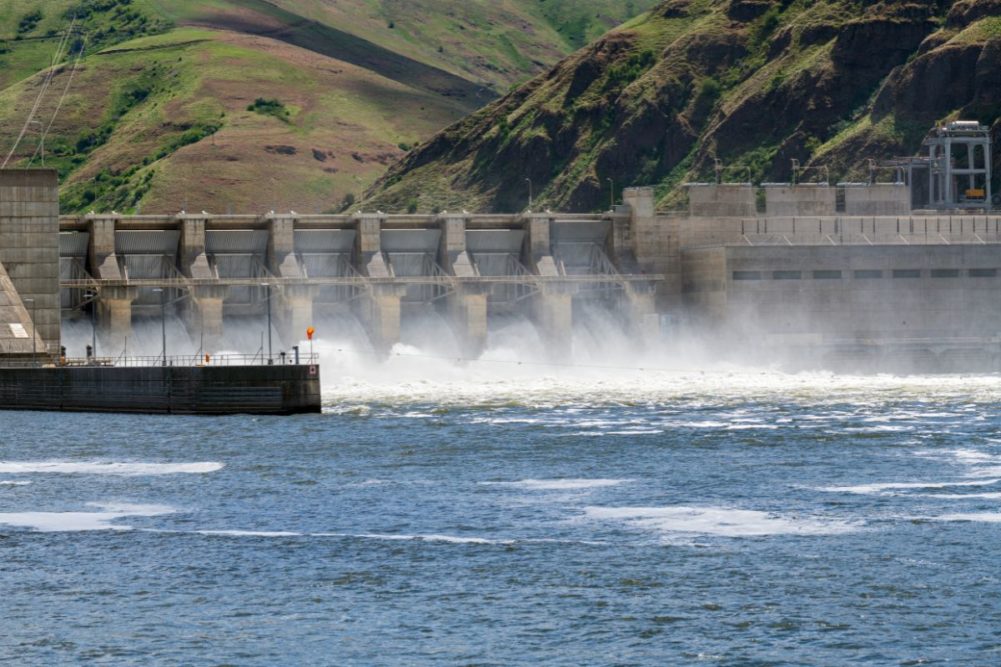PORTLAND, OREGON, US — Columbia Grain International (CGI) has joined Columbia Snake River System supporters in the agriculture industry who are warning of dire consequences if four dams are breached as part of a joint federal-state project to restore the local salmon population.
“We need to keep the lower Snake River dams,” said Jeff Van Pevenage, president and chief executive officer of CGI, a vertically integrated company that purchases grain, oilseeds, pulses and organics from more than 8,000 farmers in the northern tier of the United States. “It’s the top wheat export gateway in the nation and the third largest grain export corridor in the world. If farmers and the export industry in the Pacific Northwest lose this critical barge shipping route, there will further strain on an already broken supply chain.”
In October 2021, Washington state Governor Jay Inslee and Democratic US Senator Patty Murray of Washington, announced a joint federal-state process to determine whether there are reasonable means for replacing the services and benefits provided by the Lower Snake River dams (LSRD), sufficient to support dam breaching as part of a salmon recovery strategy for the Snake River and the Pacific Northwest. A draft report, published on June 9, will be revised based on public comments. Two reports released July 12 by the Biden administration argue removal of dams may be necessary to restore the salmon population.
CGI said that at a time of unprecedented supply chain disruption, inflation, severe logistical challenges, labor shortages and the threat of food insecurity, compromising waterways like the Columbia Snake River System will result in further turmoil.
The Snake River Dams support over 60% of all wheat exports out of the Pacific Northwest, or between 80 million and 100 million bushels annually. According to the National Association of Wheat Growers, a single four-barge tow carrying wheat moves the equivalent of 538 semi-trucks and is the lowest cost shipping option. CGI contends removing the dams likely will lead to higher rail costs, increased pollution from truck transportation, require over $1 billion in local infrastructure investment and put 1,100 farms at risk of bankruptcy without increased farm subsidies.
CGI said that if the dams are breached a new irrigation system would need to be implemented to prevent a loss of productive farmland that relies on the river for water. Additionally, removing the four giant hydroelectric dams on the lower Snake River would be expensive, and finding other ways to provide electricity, irrigation and enabling commerce would cost between $10.3 billion and $27.2 billion.
“We believe that there needs to be a solution that balances the needs of all stakeholders to address the many challenges to salmon throughout their lifecycle. Dam breaching is a simplistic and extreme concept that does not fully address the problem," Van Pevenage said. “The Columbia Snake River System has successfully served our communities for over 40 years, providing our regions with clean power, jobs, efficient transportation, irrigation, flood control, and more. We are committed to cultivating the continued growth of our farmers and our PNW communities to ensure the world continues to receive a steady flow of grains and pulses.”






